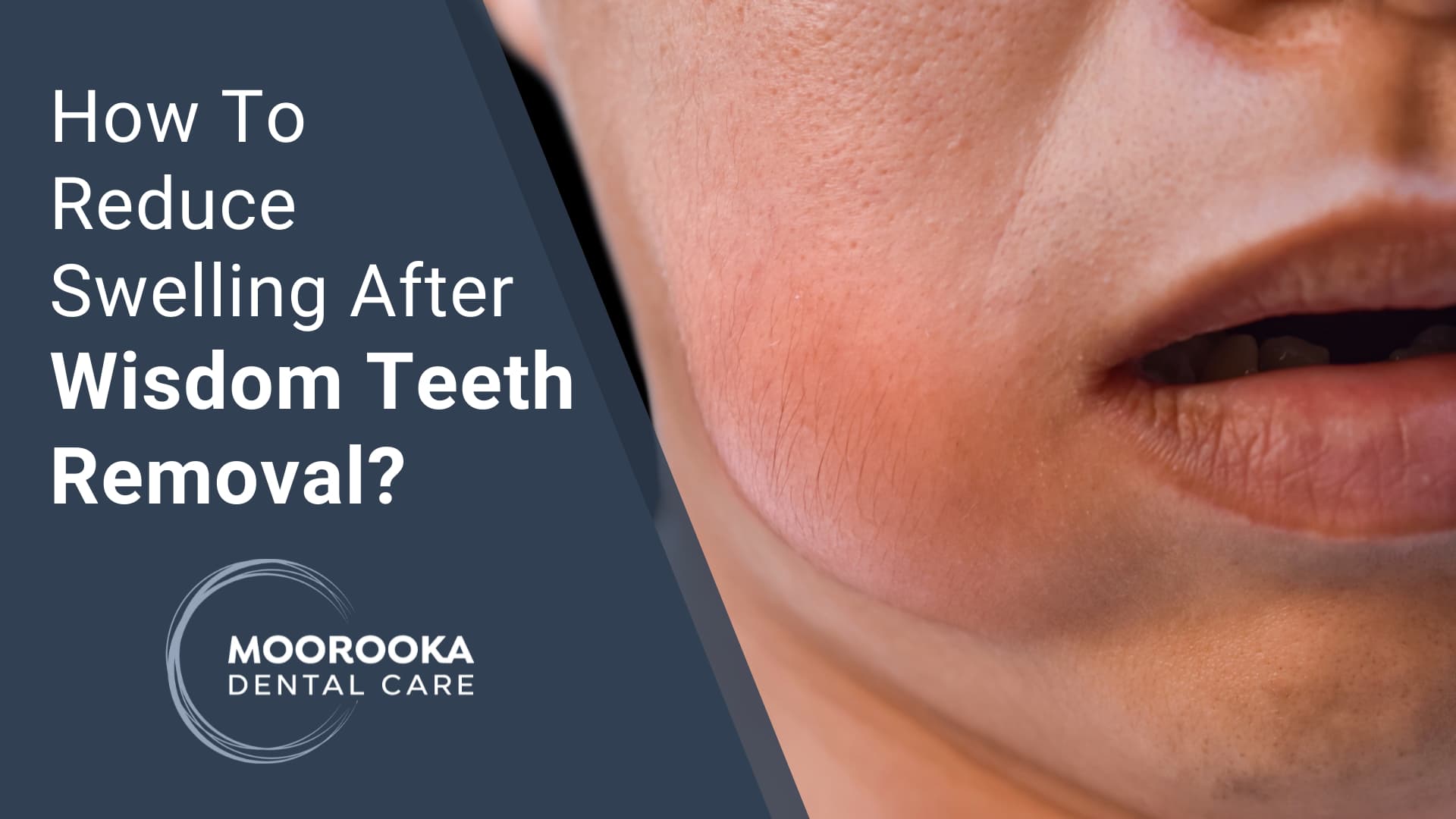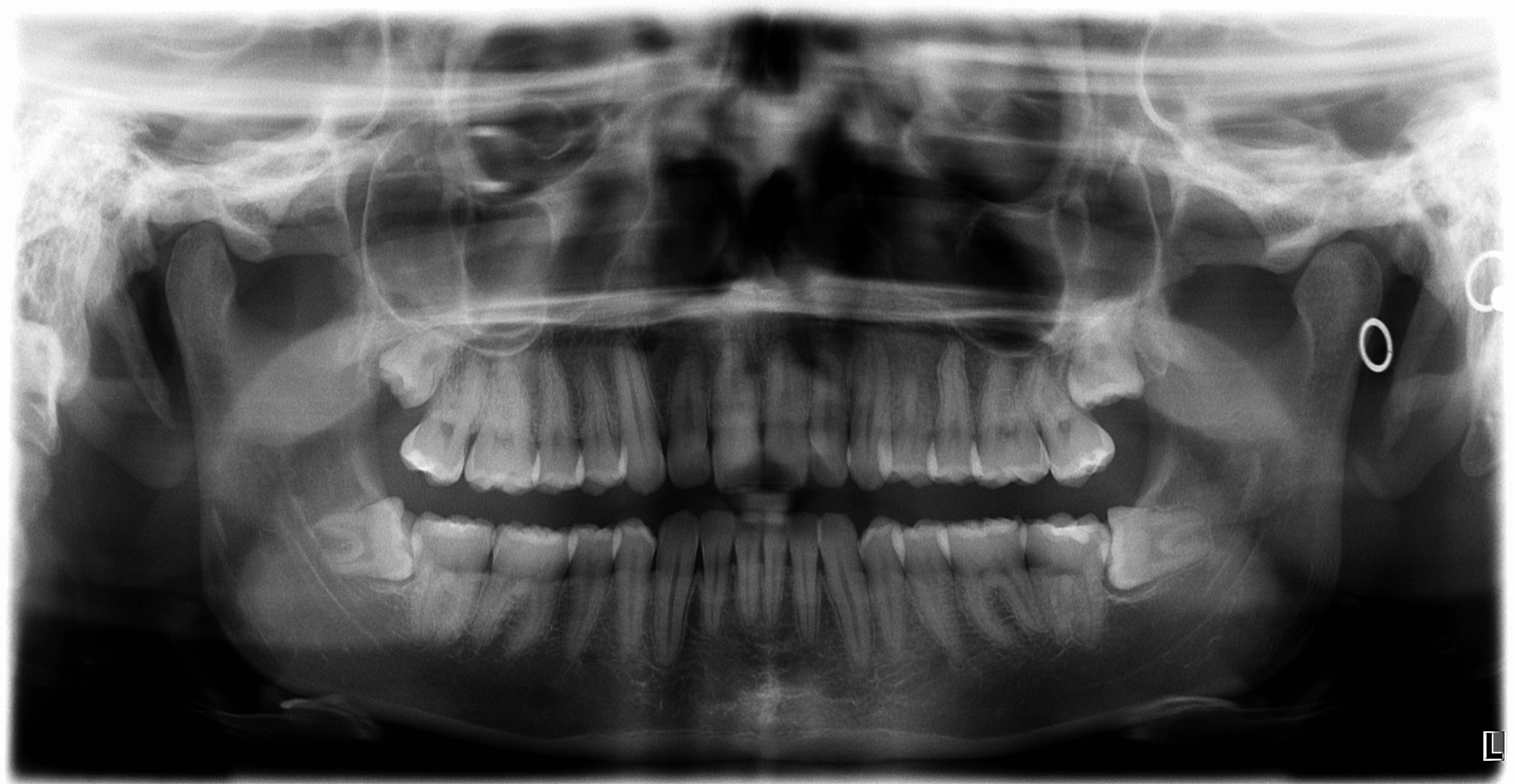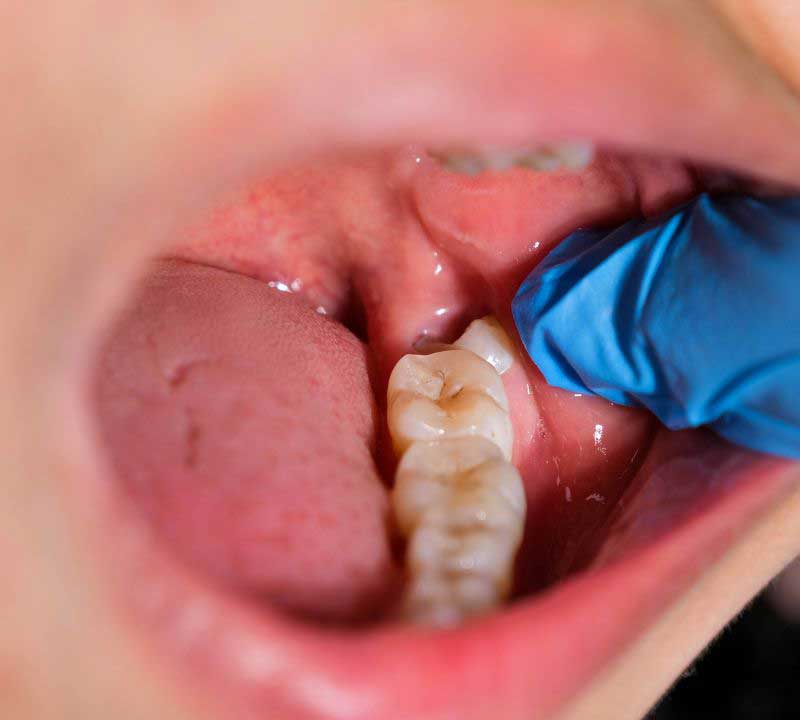Preparing for Wisdom Teeth Removal Aspendale: Important Advice for Individuals
Preparing for Wisdom Teeth Removal Aspendale: Important Advice for Individuals
Blog Article
Exploring Different Sedation Options for a Comfortable Knowledge Teeth Removal Experience
The usage of sedation during such procedures has ended up being significantly common to minimize anxiousness and pain. With a range of sedation choices readily available, from regional anesthesia to general anesthetic, each method supplies varying levels of relaxation and discomfort control.
Neighborhood Anesthetic
Regional anesthesia is a generally utilized approach for numbing details areas of the mouth throughout wisdom teeth removal treatments. By providing an anesthetic, such as lidocaine, a dentist can ensure that the patient continues to be pain-free and comfy throughout the removal process. Regional anesthetic works by temporarily obstructing the nerves in the mouth, avoiding them from sending out discomfort signals to the mind. This allows the dentist to execute the removal without triggering any type of pain to the client.
One of the main advantages of local anesthesia is its targeted numbing effect, which means that just the specific location being treated is impacted. This local approach lessens the danger of systemic side results and enables a quicker recuperation post-procedure. Furthermore, neighborhood anesthetic is thought about to be a regular and secure practice in dental care, with marginal risks involved when administered by a trained professional.
Laughing Gas
Nitrous oxide, frequently known as giggling gas, is a kind of sedation commonly utilized in dental care to help clients relax during oral procedures. This sedation option permits the client to continue to be responsive and aware throughout the procedure while really feeling at simplicity and comfortable.
When the mask is eliminated, the results of the gas wear off rapidly, permitting patients to resume their regular tasks without remaining sedative results. Nitrous oxide is suitable for people of all ages, making it a versatile sedation option for wisdom teeth extractions and other dental treatments.
Oral Sedation
Oral sedation, a pharmacological technique employed in dental care, entails the management of sedative drugs by mouth to cause a loosened up state throughout dental treatments. The medicines prescribed for dental sedation belong to a class of drugs called benzodiazepines, which have sedative, anxiolytic, and amnesic buildings.
Among the key benefits of dental sedation is its simplicity of administration. Unlike intravenous sedation, dental sedation does not call for needles or injections, making it an extra comfortable alternative for people with an anxiety of needles. Additionally, dental sedation is taken into consideration reliable and secure when provided by qualified dental professionals. It is critical for patients to adhere to pre-operative instructions supplied by their dentist, such as refraining from consuming or drinking prior to the procedure to make sure the sedative drug functions as meant.
IV Sedation
Provided intravenously by skilled doctor, IV sedation is a powerful approach utilized to cause a regulated state of deep additional reading relaxation and unconsciousness throughout dental procedures. Unlike dental sedation, which can be unforeseeable in its results, IV sedation permits exact control over the level of sedation, making it an excellent selection for complicated treatments like wisdom teeth extractions.
Throughout IV sedation, a sedative medicine is provided directly into the bloodstream through a blood vessel, permitting it to take result quickly and successfully. This approach ensures that the client stays comfy and not aware of the treatment while still preserving essential functions such as breathing and heart price.
Among the primary advantages of IV sedation is its capability to give a much deeper level of sedation contrasted to various other techniques, making it specifically appropriate for people with high levels of anxiousness or those going through substantial oral job (wisdom teeth removal aspendale). Furthermore, the impacts of IV sedation generally wear away slowly after the treatment, lowering the probability of grogginess Source or sticking around negative effects. In general, IV sedation uses a effective and safe choice for guaranteeing a comfortable and stress-free experience during knowledge teeth removal

General Anesthetic
Having actually reviewed the benefits of IV sedation for knowledge teeth removal, the utilization of basic anesthesia gives an alternative choice for clients requiring a deeper degree of unfamiliarity during dental procedures. General anesthesia generates a regulated state of unfamiliarity, ensuring the client really feels no discomfort or discomfort throughout the extraction process. This approach is particularly useful for people with serious oral anxiousness, facility medical demands, or those undergoing multiple extractions at the same time.
General anesthesia is provided by a trained anesthesiologist that very closely keeps track of the patient's crucial indications throughout the treatment. It includes the use of intravenous medicines or inhaled gases to generate a state of unfamiliarity. While under general anesthetic, the patient will not understand the surgical procedure, experience any kind of pain, or have any type of recollection of the treatment later.
Although basic anesthetic is secure when carried out by certified experts, it lugs a slightly higher threat compared to other sedation choices - wisdom teeth removal aspendale. Individuals thinking about general anesthesia for wisdom teeth removal must talk about the possible threats and benefits with their dental practitioner or oral cosmetic surgeon to make an educated decision based upon their private demands and case history

Conclusion
In conclusion, numerous sedation options are offered to make sure my site a comfy wisdom teeth extraction experience. Oral sedation and IV sedation deal deeper levels of leisure, depending on the individual's demands.
Nitrous oxide is suitable for clients of all ages, making it a flexible sedation alternative for wisdom teeth extractions and various other oral procedures.

Report this page